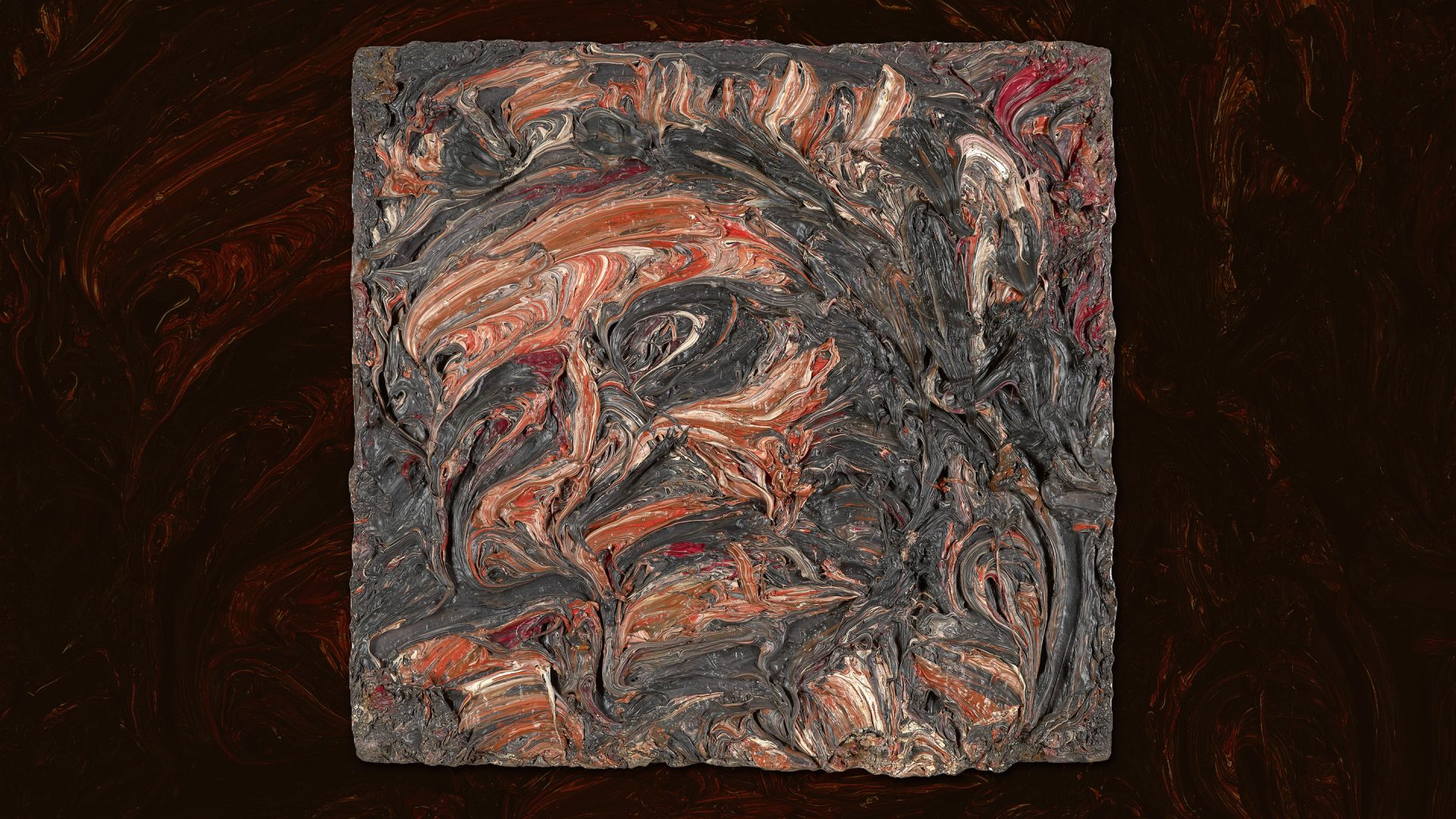Of all the places I’ve ever visited, parliament is undoubtedly the least sexy. There is nowhere in the world with a lower frisson of erotic intrigue than the Lords and Commons: motorway service stations, self-service checkouts, Bracknell – you name it, it’s sexier than Westminster.
Granted, my experience of the seat of British democracy is limited to once interviewing Jacob Rees-Mogg for a Radio 4 documentary about cricket, probably the least erotic experience anyone has ever devised for any setting, but from the ecclesiastical air of its Gothic architecture to the static crackle of cheap suits worn by sweaty, underpaid junior civil servants, the cradle of democracy represents the very antithesis of arousal.
Despite this, Westminster has long been employed as the setting for racy novels by authors who have worked within its walls, from spads right up to occupants of 10 Downing Street itself, packed with raunchy scenes that would make the Mother of Parliaments drop her lorgnette in shock.
The latest is the debut novel from Cleo Watson, who worked for two recent riders on the merry-go-round of Tory prime ministers in Theresa May and Boris Johnson, as well as being a key cog in the Vote Leave machine. Her story of three young political careerists – an MP’s assistant, a lobby journalist and a political adviser – and their salacious encounters in the corridors of power is called, with wearying inevitability, Whips, it was described by the BBC’s Woman’s Hour as “Fifty Shades of Grey meets prime minister’s questions” and by the Mail on Sunday as a “warm-hearted romp”.
Neither endorsement – especially the first, bloody hell – was enough to make me want to take on Watson’s 400-page whopper, not least because the merest hint of parliamentary naughtiness would just conjure for me the image of Jacob Rees-Mogg wanging on about cricket and I’d end up needing years of therapy. But Whips did get me thinking about how and why political authors develop a curious penchant for the prurient whenever they see fit to flex their literary muscle.
Parliament and literature are long-time bedfellows. In 1796, Matthew Lewis became the MP for Hindon in Wiltshire, the same year he published his salacious masterpiece of Gothic fiction The Monk. When Benjamin Disraeli entered the House of Commons in 1837 he was already the successful author of 11 novels and, even as he advanced through a political career that would bring two spells as prime minister, he was still writing, finding inspiration in unlikely places. The idea for his 1845 novel Sybil, for example, came to him while reading the First Report of the Midland Mining Commission: South Staffordshire 1843.
Parliament’s literary legacy – which includes more than 350 MPs who have been published authors since the 1832 Reform Act as well as those working at the heart of government – has produced some surprisingly decent work. Chris Mullin’s A Very British Coup was written before he entered the Commons and its 2019 sequel The Friends of Harry Perkins after he’d left politics, but he did also manage to produce two well-received novels while sitting as an MP.
Wilfred Fienburgh is all but forgotten today but the charismatic Labour MP for Islington North was blazing an impressive political trail in 1958 when he was killed in a car crash at the age of 38. He had just written No Love for Johnnie, a novel about a disillusioned left-wing MP in a centrist Labour government that was compared favourably to contemporaries like John Osborne and Shelagh Delaney, and he died not knowing the novel had been accepted for publication. The Sunday Dispatch called it “brilliant, sad, savage and funny,” a book that hinted at a curtailed literary future possibly as bright as his political one.
Maurice Edelman, who served Coventry as a Labour MP for more than 35 years until his death in 1975, wrote a string of highly respectable tomes including The Prime Minister’s Daughter, Disraeli in Love and its sequel Disraeli Rising. Roy Hattersley has written three well-received literary novels while Anne Widdecombe produced a quartet of novels during the early 2000s, receiving a £100,000 advance for the first two, that critics rate among the best of those written by MPs, especially her debut The Clematis Tree that tackled the sensitive area of euthanasia.
While never elected to the House of Commons, Michael Dobbs, now Baron Dobbs of Wylye, has occupied several political positions from spad to Tory chief of staff but is best known for his House of Cards trilogy, published between 1989 and 1994 and later turned into a Bafta-harvesting television series. His 2007 novel The Lords’ Day, about the state opening of parliament turning into a siege, presented a scenario so plausible it led to an overhaul of the event’s security.
These tend to be the exceptions, however, as in general male political figures have turned their hand to potboiling thrillers while women have been drawn more towards – for want of a better term – romantic fiction, all with mixed results.
Jeffrey Archer is by far the most successful of these, but the former foreign secretary Douglas Hurd also has a decent literary pedigree as author or co-author of eight political thrillers written between 1969 and 2015, one of which he claimed to have worked on “in a tank at Sarajevo”.
Gradgrindian scourge of the workshy Iain Duncan Smith’s 2003 thriller The Devil’s Tune, involving art theft, Nazism and intrigue in high office, remains one of the most ill-starred – or in the case of its Amazon customer reviews, one-starred – novels by a politician in parliamentary history. Not only did the Telegraph call it “terrible, terrible, terrible”, it was published on the same day that he was ousted as Tory leader. In its first week, despite a fairly hefty publicity campaign, The Devil’s Tune sold – wait for it – 18 copies.
Special mention here for perma-tanned EUphobe Robert Kilroy-Silk, who, while sitting as a Labour MP in 1983, published the thriller The Ceremony of Innocence: A Novel of 1984, which warns of the dangers of unchecked state control. The plot leaps from 1984 to a dystopian future 2020, when the Tories are in coalition with the SDP and have introduced a raft of oppressive measures including the outlawing of strikes and demonstrations with those convicted declared “not for employment or state benefits”. Pfft, as if anything like that could really happen.
Cleo Watson joins a distinguished list of political women publishing saucy novels, by far the most popular genre for authorial parliamentarians and their scribbling underlings. Indeed, a 2015 academic study of novels written by MPs conducted by the University of Wolverhampton drew the overriding conclusion “there’s an awful lot of sex”.
By which they could equally have meant “there’s a lot of awful sex”, because writing sex well is infinitely, er, harder than writing it badly. Despite this, several women politicians have forged impressive careers in literary raunch.
The one-time MP for Corby, Louise Mensch, has sold more than two million copies of the 15 novels she published at the height of the chick-lit boom under her birth name Louise Bagshawe, while noted misunderstander of public service broadcasting Nadine Dorries earns a significant six-figure sum each year from her hugely popular string of nostalgic romance novels.
Watson is probably closest in spirit and plot to trailblazing egg-botherer Edwina Currie, however, with both authors setting their racy page-turners in the world of British politics.
Currie made her fiction debut in 1994 with the 600-page half-brick A Parliamentary Affair, published long before her own extramarital dalliance with PM John Major became public knowledge. The novel was, according to its blurb, “set amid the heady atmosphere of Westminster and charts the progress of four ambitious Tory MPs from 1992 onwards as they find themselves in a confusion of political and sexual intrigue”.
Currie, who got into trouble for using the House of Commons portcullis insignia without permission on the cover, entwined with a pair of stockings, said that she’d tested the novel out on her daughter, “who said it made her laugh, made her cry,” and – I’m so sorry about this – “made her horny”.
Is that blurb really correct, though? Is the atmosphere at Westminster “heady”? Can a draughty old building that frequently contains Grant Shapps and Oliver Dowden really be thrumming with sexual tension?
I suppose there was that footage of Matt Hancock in an office clinch but even Edwina Currie’s daughter would struggle to feel anything beyond mild dyspepsia over a yawning chasm of ennui while viewing that.
I imagine it’s supposed to be a power thing, some kind of charismatic musk given off by those making big decisions that sees pulses quicken and honourable members rise. But can that really be true considering the government benches comprise some of Britain’s most gormless sausage-rolls-in-suits who, in erotic terms, would make Belle de Jour look like Carry on Camping?
Maybe that’s the appeal for these aspiring scribes. Maybe it’s the fact that rather than being a hotbed of hotness where Eros can’t get his arrow out of its quiver quick enough, the inhabitants of the corridors of government would be more at home in a business park on the outskirts of a market town, greeting a plate of Jammie Dodgers in a meeting room with the phrase “check out these bad boys”. You’d have to start fantasising in those circumstances just to get yourself through the day.
Or maybe it’s that, compared to the glacial, soul-sapping churn of state and global politics, mutual embarkation on an act of sexual congress is such a swift and straightforward course of action. No wheeler-dealing or career-jockeying. No dead-eyed repetition of how you’re focused on delivering for Britain. No endlessly debating matters of great world import without any discernible progress. Just back-to-basics desire and its breathless satiation. If only politics was more like shagging: exciting, fulfilling, decisive, satisfying and sweaty.
OK, perhaps not the last one, but I think Douglas Hurd, possibly even without realising, got right to the heart of politicians writing absolute sauce fests in his 1985 novel The Palace of Enchantments.
“At the moment of climax Sally sighed a great sigh,” he wrote, “as if the ills of the world were cured.”




